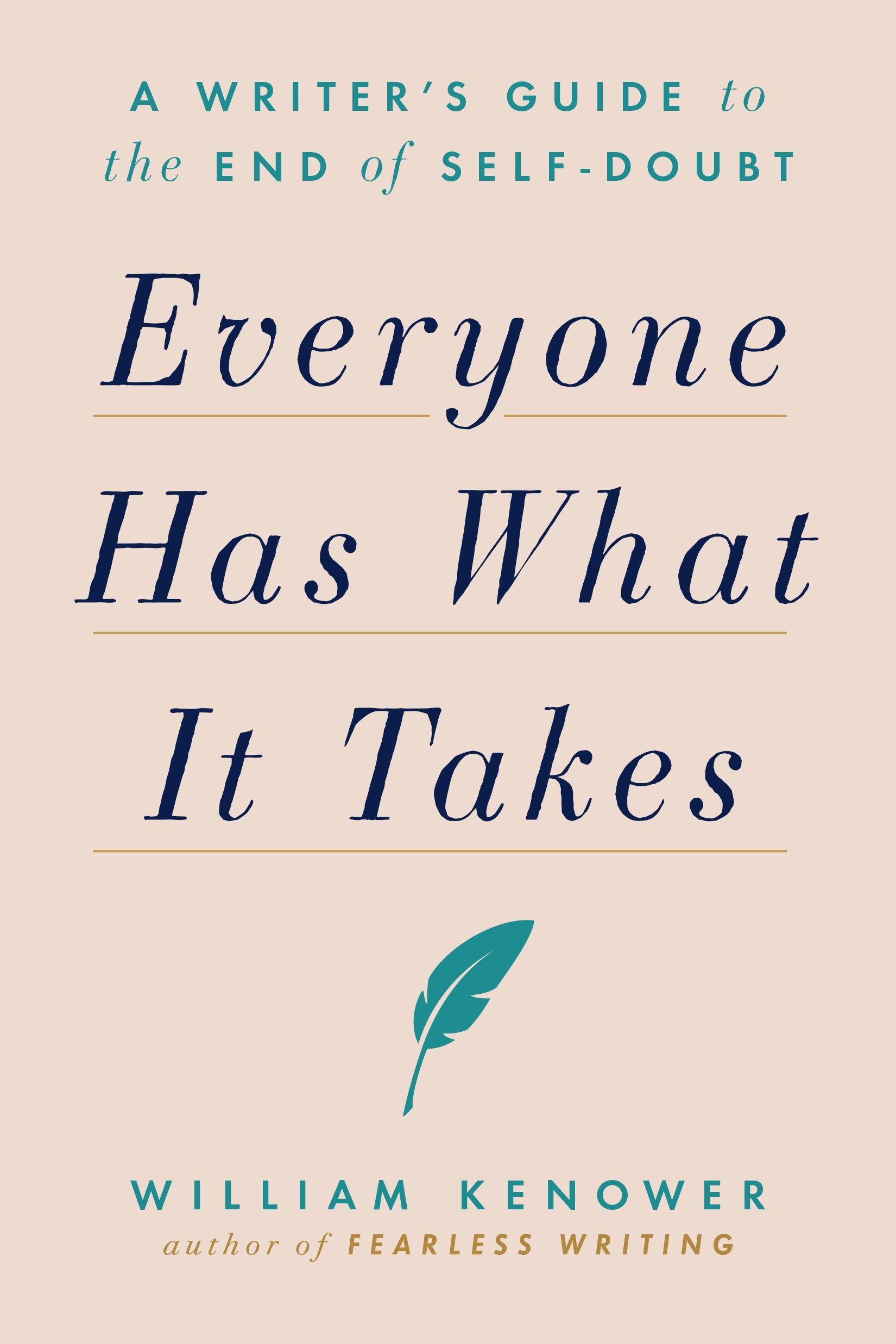A Satisfying Answer
If you like to write, then you must have an idea of what makes for a satisfying sentence. You probably find some of the sentences you write more satisfying than others, and if you are feeling judgmental toward yourself or the world you might call one “good” and the other “bad,” but this is inaccurate. There is no good and bad, ultimately. There is only what satisfies you and what serves your story and what doesn’t. You don’t need an editor or a beta reader or a writing coach to tell if you’ve successfully satisfied yourself. None of them can. Plus, it would be impractical. You’d have to check with someone after every sentence before moving onto the next.
Sentences, of course, aren’t of much use by themselves. They are most valuable when they are an integrated member of a team. If you like to write, then you also have an idea of what makes for a satisfying paragraph. Each one has its own beginning, middle, and end, and you must know how to start and finish. How gratifying it is when you reread a paragraph that pops and moves and lands just as you desire, that is both surprising and familiar, a little work of art all by itself. You like it. If you’re honest, you like it as much as something you read in someone else’s story.
Of course, paragraphs are still most valuable when a part of a scene, and a scene is most valuable when a part of whole story. Somewhere along this journey, from sentence to completed tale, many writers give away their aesthetic to someone else – to the reader, or an agent or and editor, to someone with authority who can tell them if what they’ve done is any good. Except no one can tell you if you like something. No one can tell you if a story satisfies you any more than they can tell you if a sentence satisfies you. It’s impossible.
When we say we don’t know if our story is any good, we’re being dishonest. Instead, we simply haven’t asked ourselves if our story satisfies us. The answer may be, No. In fact, for much the writing, that is the only answer we get. That’s okay. You’ve rewritten many sentences until they pleased you. You do it all the time without anyone’s help. It’s our job as authors to extend this capacity to test what we’ve written against our unique aesthetic to the entirety of a piece of work.
Let yourself ask the question, “Is this story what I want it to be?” Ask it without fear of the answer, which will probably be, No. You haven’t been rejected; you haven’t failed. In fact, just the opposite. You have accepted yourself, accepted that you alone can know, accepted that recognizing what doesn’t satisfy you is the only way to succeed in finishing a story you would like to share with others.
If you like the ideas and perspectives expressed here, feel free to contact me about individual coaching and group workshops.
Everyone Has What It Takes: A Writer’s Guide to the End of Self-Doubt
You can find William at: williamkenower.com


